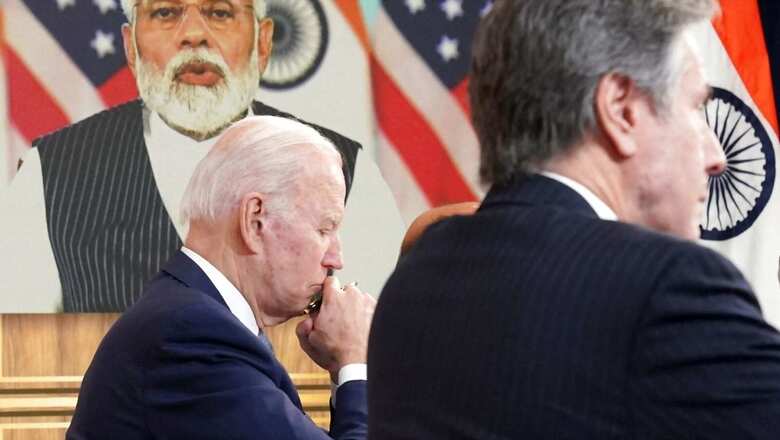
views
What should two partners – one, a major power with a sense of entitlement, and the other, an emerging power with a sense of destiny and determination to safeguard its diplomatic elbow space – do, to smoothen things? Hold a 2+2 dialogue at the earliest! And that is precisely what India and the United States did. Their foreign and defence ministers met in Washington on April 11, 2022. The interaction was both timely and meaningful. It helped clear the air to an extent and enhance mutual understanding of each other’s positions on a host of critical issues.
The dialogue acquired greater salience when President Joe Biden invited the Indian prime minister for a virtual summit to kick off the ministerial confabulations. It enabled the two leaders to have an hour-long “direct, candid, open, warm and productive” exchange of views, according to an American “senior administration official”.
The meeting was held in the backdrop of the Russian invasion of Ukraine which saw New Delhi and Washington stake out somewhat divergent positions. India is not a party to the conflict but, as a non-permanent member of the United Nations Security Council, has been obliged to take a stand on unfolding developments. The US on the other hand has been the principal actor in fashioning a response to the Russian misadventure. Under Biden’s lead, the West has made available unprecedented quantities of military assistance, including lethal and non-lethal weaponry, intelligence, and training, to the Ukrainian forces, which have not only put up a heroic resistance but also beaten back the Russian advance in some sectors.
The US is determined to make an example out of Russia and has pulled out all the stops in demonising and condemning it, including calling Mr Putin a “killer, butcher and war criminal”. India on the other hand, having a 60-year-old relationship with Moscow and being highly dependent on its military hardware, has been critical but has refrained from name-calling or imposing sanctions. New Delhi by no means is condoning the invasion but that is seen as neutrality by the US. President Biden has characterised India’s response as “shaky” while the spokesperson of the White House has urged India to be on the right side of history.
Prime Minister Modi, therefore, rightly decided to set the record straight, noting in his opening remarks at the summit that the “situation in Ukraine is very worrying… I spoke several times … to the presidents of Ukraine and Russia. I not only appealed for peace but also suggested that there be direct talks between them.” He pointed out that we have unequivocally condemned the killings of innocent civilians in Bucha and have called for an independent inquiry. India has also been supplying medicines and other relief materials to Ukraine. The President welcomed “India’s humanitarian support for the people of Ukraine”.
But the US is far from satisfied and sees it as an opportunity to drive a wedge between Russia and India. We are being called out for purchasing discounted Russian oil even though it comprises merely 1 to 2 per cent of our needs and does not violate any sanctions. New Delhi sources ten times that quantity from the US worth $11billion annually.
Unwarranted pressure is also being exerted on India to downsize its defence cooperation with Russia.
Defence Secretary Llyod Austin was at his condescending best while addressing a US Congressional Committee – “We continue to work with India to ensure that they understand that it’s not in their best interest to continue to invest in Russian equipment…Our requirement going forward is that they downscale the types of equipment that they’re investing in and look to invest more in the types of things that will make us continue to be compatible.”
Our “global and strategic partner” seems oblivious that such a hectoring tone could be counterproductive. There is no doubt that India attaches the highest importance to her relationship with the US and would like to see it flourish. Yet the growth has to be organic, propelled by mutual trust, not dictation. In any event, India will not give up her right of choice.
As such, there was a pressing need for a candid chat to flag India’s right to make decisions in her national interest just like the US. It would appear that this message has been driven home.
The aforementioned “senior administration official” (SOA) responding to media questions in the background made two tell-tale observations. When asked about India’s stand on Russia, he said “the President shared his views, and Prime Minister Modi shared his views (translation – We have different views and have agreed to disagree).” He added, “I think India will make its own decisions, but we’re going to continue the discussions (translation – We note India’s stand, are not very comfortable and will continue to press India to modify it).”
Judging from the comments of American officials after the talks, some progress is discernible. On oil, the US has now reconciled to limited imports from Russia but as the SOA observed, “We don’t think India should accelerate or increase imports of Russian energy. And the US is ready to support India, remain in a conversation with India about its diversification of imports”.
On defence purchases from Russia, the US has now trained its sights on preventing fresh acquisitions by India and could have hinted that a CAATSA waiver would be forthcoming for procuring S400 missiles. Washington must have figured that any sanctions at this stage would have a detrimental impact on the relationship with India. Secretary of State Antony Blinken at the joint press conference left little room for ambiguity – “… we continue to urge all countries to avoid major new transactions for Russian weapons systems…”
Interestingly a similar line was taken by the spokesperson of the ministry of external affairs in his weekly briefing on April 8, albeit in the context of economic engagement with Russia – “Our focus is on stabilising this established economic relations in the current circumstances … It’s not talking about increasing, this was about stabilising it because this relationship exists and it’s in our interest to make sure some of the economic activity continues.”
In parallel, the Biden administration is trying to make defence deals more attractive for India. Secretary Austin noted that discussions will continue with India on “a range of options that would make our systems more affordable”. Meanwhile, defence minister Rajnath Singh made a pitch for “Make in India” – underlining the need for co-development and co-production of defence equipment.
Secretary Austin expressed satisfaction at deepening defence cooperation including on the air-launched unmanned aerial vehicles and a new supply chain cooperation initiative to meet each other’s priority defence requirements.
The sides held wide-ranging discussions on bilateral, regional and global issues, including energy, education, counterterrorism, science and technology partnership, space, cyber and emerging technologies, Afghanistan, Covid-19 pandemic, climate, global economy, and a free and open Indo-Pacific, yet the bulk of the discussions pertained to the Russian crisis. A working group on education and skill training has also been formed.
Secretary Blinken made a jarring and gratuitous reference to “some recent concerning developments in India, including a rise in human rights abuses by some government, police, and prison officials”, which did not go down well with the Indian side.
Our American friends, especially the Democrats, cannot resist the temptation of being preachy while overlooking their domestic blemishes. This proclivity may boomerang if countries like India were to pay back in the same coin. However, no relationship is perfect. The strength of India-US ties is that the positives far outweigh the abbreviations. We have come a long way in the last two decades and are well-positioned to navigate occasional speed bumps.
The author is Former Envoy to South Korea and Canada and Official Spokesperson to the Ministry of External Affairs. The views expressed in this article are those of the author and do not represent the stand of this publication.
Read all the Latest Opinion News and Breaking News here










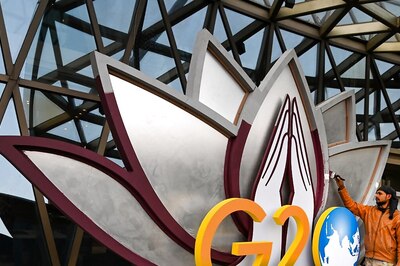
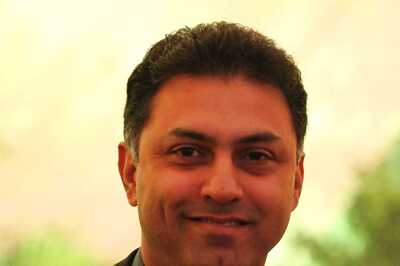

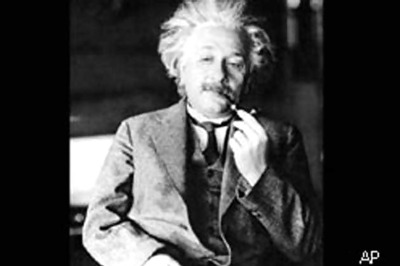




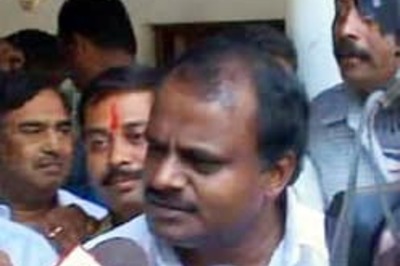
Comments
0 comment